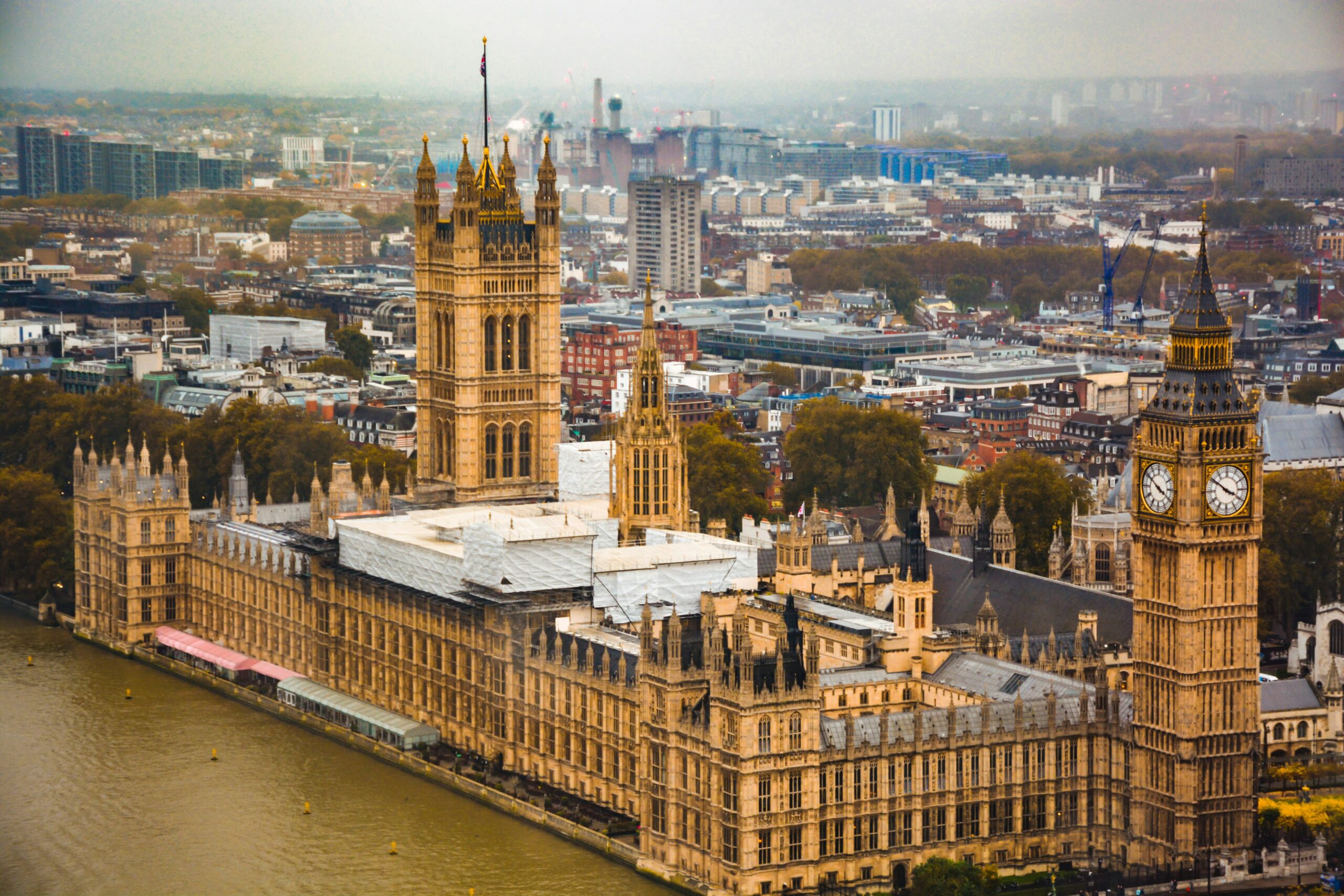
Amid Economic Slowdown, UK Slashes Taxes to Boost Public Support
In a desperate move to rejuvenate public support and stimulate the economy amidst sluggish growth and mounting public debt, the British government, led by Chancellor of the Exchequer Jeremy Hunt and Prime Minister Rishi Sunak, has unveiled a series of tax cuts. This decision comes ahead of an anticipated national election, as the Conservative Party seeks to bolster its appeal to voters after years of economic challenges exacerbated by the COVID-19 pandemic and geopolitical tensions, notably Russia’s invasion of Ukraine.
The tax strategy is multifaceted, focusing on both immediate relief for workers and long-term economic growth. The headline measure is a significant reduction in National Insurance contributions, which as of January 6, 2024, sees the main rate cut by 2 percentage points from 12% to 10%. This move is designed to leave more money in the pockets of 27 million workers across various sectors, effectively reducing National Insurance by more than 15% for the average worker. For instance, an average full-time nurse is expected to save £520, a junior doctor £750, and a teacher £630 annually.
This reduction in National Insurance contributions is part of a broader package aimed at easing the financial burden on households and stimulating business investment. The government has also announced plans to cut the National Insurance rate for 2 million self-employed individuals starting April 6, 2024, and to introduce the most substantial increase to the National Living Wage in history. Additionally, corporation tax has been effectively cut by over £55 billion through permanent full expensing, alongside a freeze on alcohol duty and extended cuts to business rates relief for high streets.
Despite these tax cuts, the overall tax burden in the UK is projected to reach a post-World War Two high of 38% of GDP over the next five years, reflecting the challenge of funding extensive public spending while managing a national debt pile that stands at 97.7% of economic output. The economy’s sluggish growth exacerbates these issues, with GDP expected to expand by only 0.7% in 2024.
The government’s fiscal strategy also includes measures aimed at reducing benefit fraud and encouraging the unemployed back into work, with £2.5 billion earmarked for career support over the next five years. Meanwhile, changes to pensions, potential adjustments to inheritance and stamp duty taxes, and support for first-time homebuyers through an expanded mortgage guarantee scheme are also part of the government’s efforts to address various economic challenges.
Critics, however, argue that the tax cuts, particularly the potential abolition of inheritance tax, may disproportionately benefit a wealthier segment of the population and could lead to reductions in public and social service budgets. Moreover, there are concerns that these measures, while providing short-term relief, may not sufficiently address the underlying issues of economic growth and public service funding.
As the Conservative Party gears up for the next election, these tax cuts represent a critical component of their strategy to regain public support by positioning themselves as stewards of economic recovery and fiscal responsibility. However, the effectiveness of these measures in achieving long-term economic stability and growth, without exacerbating the tax burden or public debt, remains to be seen.

